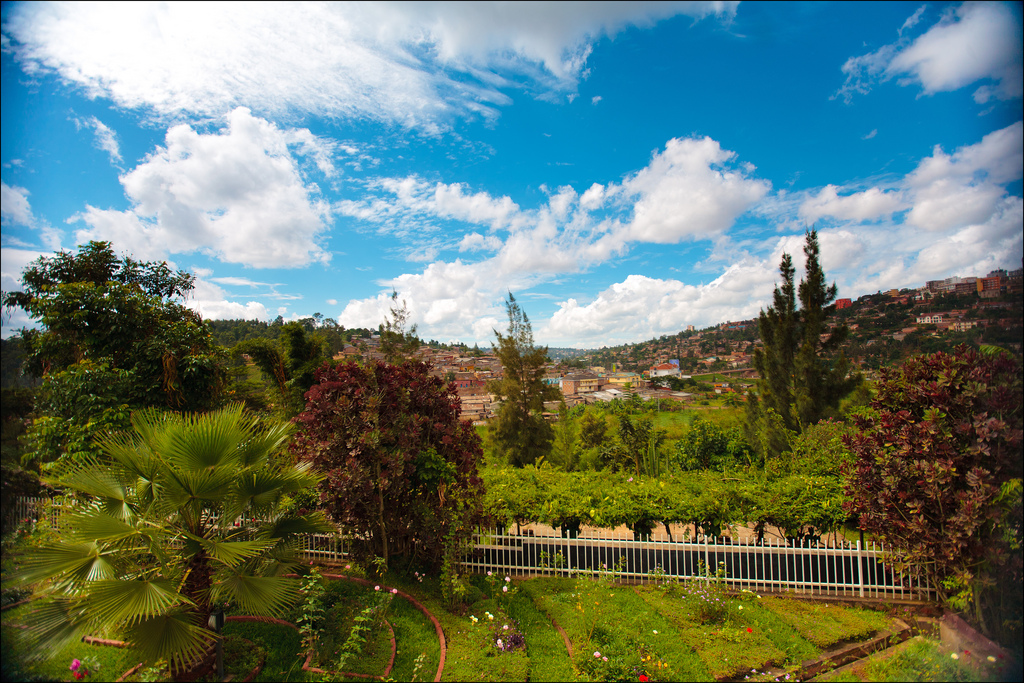Travel can be a life-changing experience. It opens up new perspectives and helps create lasting memories. Many people are unable to achieve their travel goals for a variety of reasons, such as lack of money, time or fear. There are many effective strategies to help you achieve your travel goals.
Setting specific, attainable goals is a crucial step in achieving travel goals. It is important to identify the destination you want, your preferred dates of travel, your budget and the activities that will be performed. A clear plan makes it easier to allocate resources and track your progress. Setting realistic goals can also help to avoid frustration and disappointment, which could hinder future travel plans.
Flexibility and adaptability are also important strategies for reaching travel goals. It is essential to have a plan, but also to be flexible and adaptable to new opportunities or changes. It may be necessary to adjust the itinerary, try new activities or explore alternative destinations. Flexible travelers will make the most out of their experience and create exciting new memories.
Set Travel Goals
Travel goals are a great way to turn your wanderlust into real experiences. You can make your travel dreams a reality by creating a list with desired destinations and activities. Here are a few steps that will help you to set your travel goals.
Find Destinations
To set travel goals, you must first identify the destinations that interest you. You can do this by doing research online, reading travel blogs or speaking to friends who’ve visited the places you’re interested in. List the places you’d like to see and rank them according to your budget and interests.
Define Experiences
After you have chosen your destinations, you need to decide what you want to experience in each one. You can choose to relax and enjoy the scenery, or you can do specific activities. Make a list of your desired activities and experiences at each destination. Be sure to align them with your budget and personal interests.
Establish Timeframe
To set travel goals, you must also establish a timeline for their achievement. You can do this by setting dates for your trips or creating a timetable for planning and saving money. When establishing your timeline, be sure to take into account any time constraints such as family or work obligations.
Follow these steps to set realistic travel goals that are in line with your interests and budget. Travel is about discovering and exploring new things, so be open-minded and flexible.
Budgeting Your Trip
Travelling can be an exciting and fun way to discover new cultures and places. It can be costly, and without a proper budget, it becomes unaffordable. These tips will help you budget your trip so that you can achieve your travel goals and not break the bank.
Estimate Costs
Estimating the cost of a trip is essential before you embark on a journey. Included in this are transportation, accommodations, food, entertainment, and travel insurance. Comparing prices and doing research can give you a better understanding of the amount you need to set aside for your trip. You can keep track of the estimated costs by creating a table or spreadsheet. This will allow you to adjust your budget as necessary.
Saving Strategies
You can save money on your vacation by using several different strategies. Here are some tips to help you save money on your trip:
- Set an achievable savings goal. Determine the amount you will need to save in order to go on your vacation and then set a realistic goal. You can track your progress and stay motivated by doing this.
- Reduce your expenditures: Find ways to reduce your expenses such as by eating less out, cancelling subscriptions or finding cheaper alternatives.
- Consider a credit card that offers travel rewards: If your credit is good, you can use a credit card with travel rewards to earn miles or points which can be used for travel expenses.
- You can earn extra money by selling unwanted items.
Manage Money Abroad
You can make managing your money easier by following a few simple tips. Here are some tips to help you:
- Inform your bank that you are traveling overseas to avoid any problems with your account.
- Use a Travel Card: If you are traveling internationally, consider using a card with low or no transaction fees.
- Avoid ATMs located in tourist areas and airports as they can charge higher fees. Look for ATMs that are local or choose a bank with a global network.
These tips will help you budget your trip to achieve your travel goals and avoid overspending.
Travel Planning
Planning is an important step in achieving your travel goals. This section will help you achieve your travel goals by covering the most important aspects of planning a trip.
Itinerary Development
A travel itinerary is a vital part of planning a trip. This helps you to make the best use of your resources and time. Start by identifying the destinations and travel goals you have. Research the best times to visit each location and what activities you can enjoy there.
You can use a table to organize your itinerary. List the date, destination, activities, accommodations, and transport. You can use this to keep track of all your plans, and make sure you don’t forget anything.
Accommodation and Transportation
Travel planning is incomplete without considering transportation and accommodation. Consider your budget, the location and what type of experience you are looking for when selecting accommodation. If you are on a budget, homestays and hostels may be a good option. If you want luxury, then a resort or hotel may be the best choice.
Travel planning is incomplete without considering transportation. You can rent a vehicle, use public transportation or ride-sharing. Choose the best option for you based on your budget and needs.
Local Customs and Etiquette
It is important to understand the local customs, etiquette and culture of your destination in order to have a successful vacation. This can help you to avoid offending locals and enhance your trip.
Before you travel, research the customs and manners of your destination. Dress codes, greetings and tipping are all examples of this. You should also be aware of cultural and religious practices which may affect your trip.
Travel planning is an important step to achieving your travel goals. Travel planning includes a number of essential elements, including developing an itinerary, choosing accommodation and transport, and learning about local customs. Following these tips will help you plan a successful vacation and reach your travel goals.
Overcoming Travel Obstacles
Traveling is a rewarding experience, but can also be challenging. Be prepared for any challenges that you may encounter during your journey. Here are a few tips to overcome travel obstacles.
How to Deal with Setbacks
During travel, it is not uncommon to encounter setbacks, such as cancelled flights, lost luggage or unanticipated weather conditions. It is important to remain calm and flexible when dealing with setbacks. A backup plan can be useful, including a list with alternative flights and accommodations. Travel insurance can also provide financial and mental protection in the event of an unexpected event.
Staying Healthy and Safe
It is important to stay healthy and safe when you travel. Researching the destination and being aware of safety concerns such as crime or natural disasters is crucial. Preventing health problems during travel can be achieved by taking the necessary precautions. Before traveling to some destinations, it is recommended that you get the necessary vaccinations.
Cultural Sensitivity & Adaptability
It is important to respect local customs and culture when traveling to new destinations. By learning some basic phrases and cultural norms in the local tongue, you can avoid misunderstandings. You will also show respect for the local community. Being flexible and open-minded will also make your travel experience more fulfilling and enjoyable.
Travelers can have a successful vacation by being prepared for obstacles, staying healthy and safe, and respecting the local culture.



